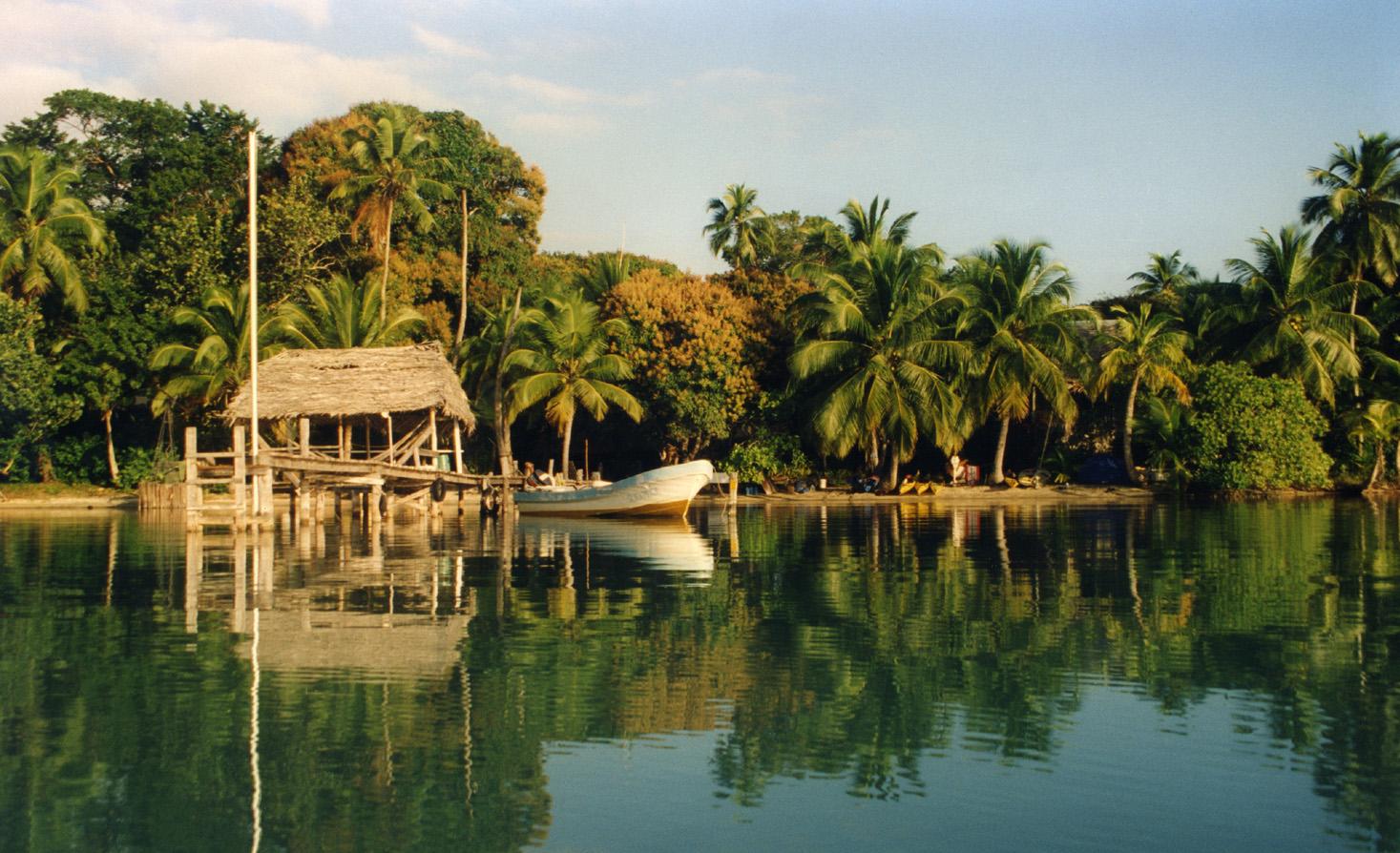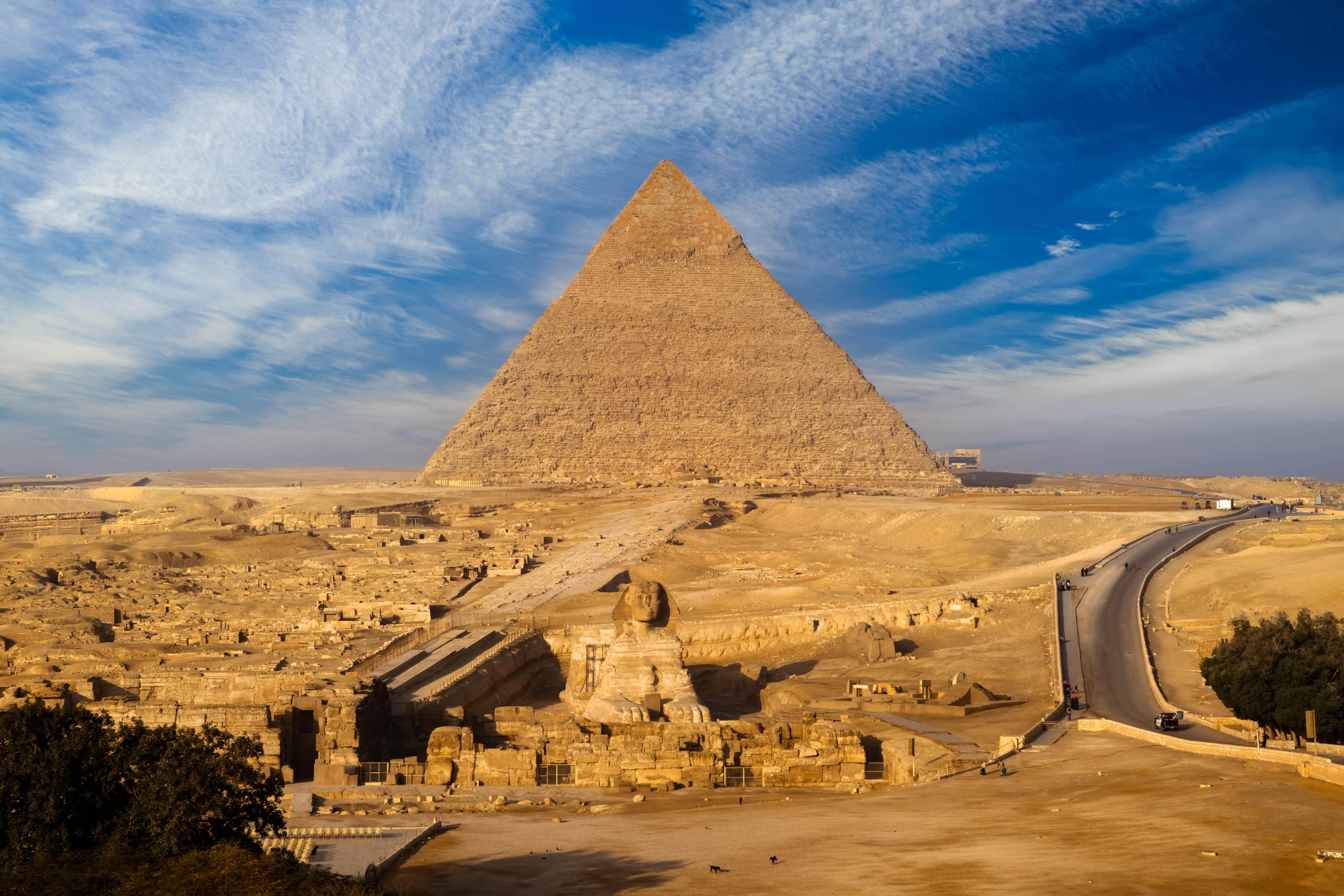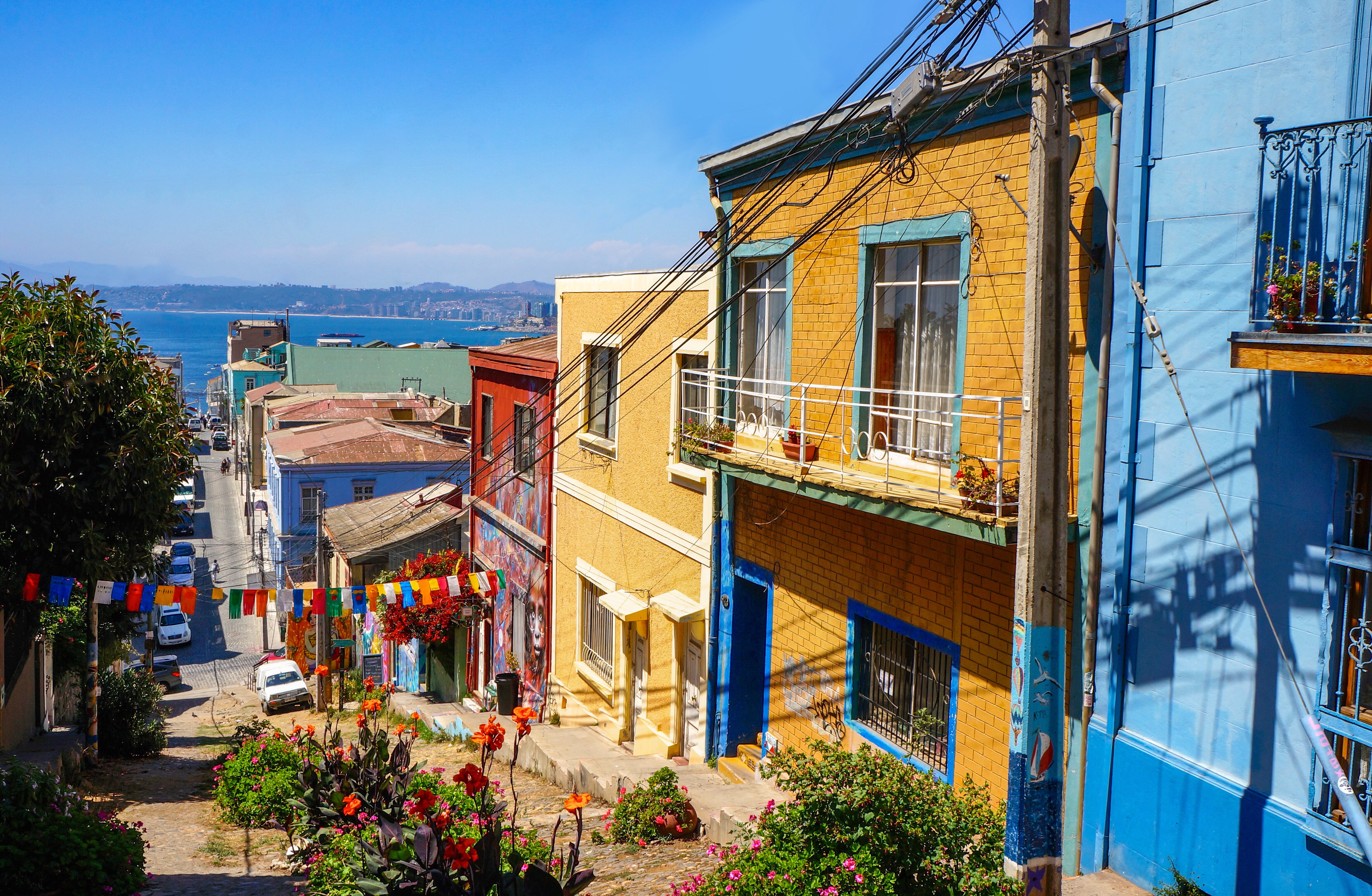Unexpectedly Difficult Countries to Visit in 2025
As the world becomes ever more interconnected, the art of travel often feels like a seamless endeavor. But as you plot your course for 2025, a hidden reality emerges: some of the most alluring destinations pose surprisingly complex challenges for entry. These difficulties arise not from outright travel bans, but from a nuanced mix of digital hurdles, unpredictable geopolitics, and unique local requirements. This article serves as your indispensable guide to 15 countries that are unexpectedly difficult to visit, revealing the specific challenges travelers will face. From obscure visa applications to on-the-ground realities, this exploration highlights the true ingenuity required for global travel, ensuring you are prepared for a journey beyond the beaten path.
1. Bhutan: The Hefty Daily Sustainable Development Fee
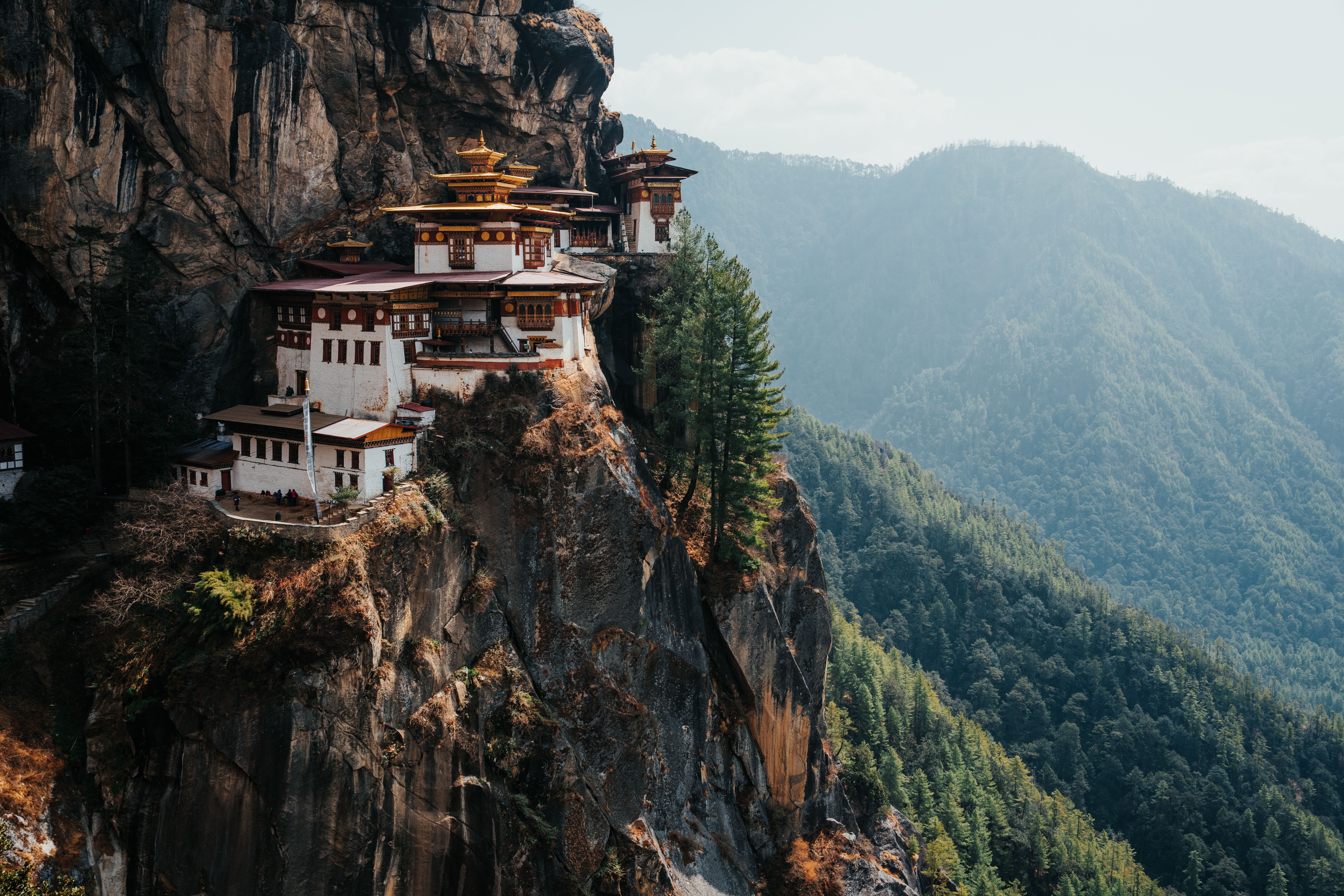
Bhutan’s difficulty isn't about denial, but about cost. By 2025, the daily Sustainable Development Fee (SDF) for most tourists remains at $100 per person per day, paid upfront for the entire trip. While this fee funds free healthcare and education for Bhutanese citizens, it dramatically increases the cost of a visit. Additionally, travelers still need to book through a licensed Bhutanese tour operator, which can require a larger financial commitment. This transparent but expensive barrier ensures a "high-value, low-impact" tourist model, reserving its pristine landscapes and unique culture for a limited, discerning few.
2. Turkmenistan: The Opaque Government Invitation Process

Turkmenistan remains one of the world’s most isolated countries, and its difficulty lies in its opaque visa process. To even apply for a tourist visa, you must first secure a letter of invitation (LOI) from a state-approved travel agency. This process is notoriously unpredictable, often requiring extensive documentation and a pre-planned, supervised tour itinerary from start to finish. Independent travel is almost impossible. The government's stringent controls on movement and interaction make this an incredibly challenging, highly-controlled travel experience, reflecting a deliberate policy of isolation.
3. Saudi Arabia: Navigating Evolving Social Norms and Visa Hurdles
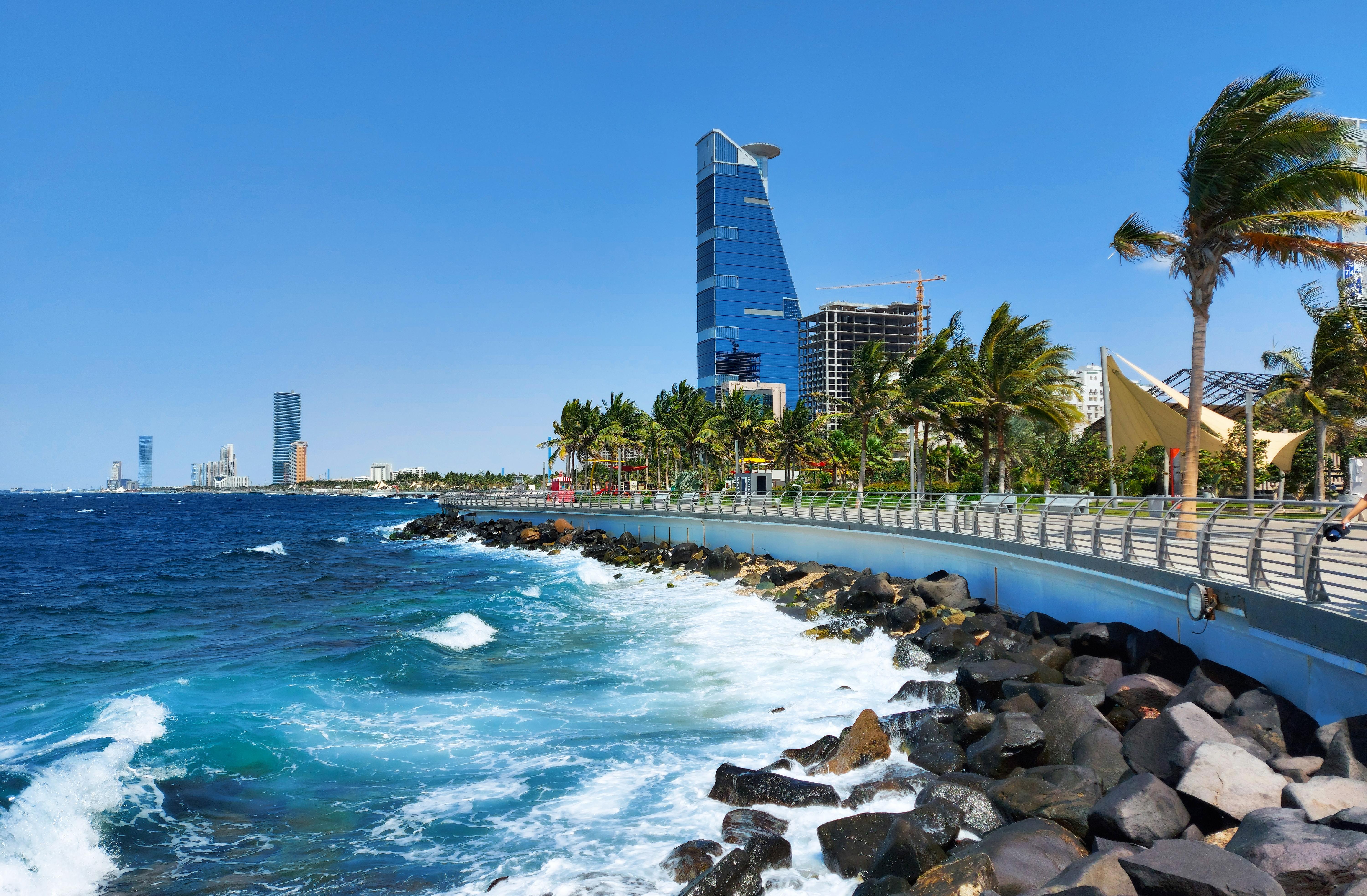
Saudi Arabia is rapidly transforming with its Vision 2030, but visitors in 2025 must navigate an evolving cultural landscape. While many restrictions have eased (like women's travel without a male guardian), tourists must still respect local customs and laws, which can be a complex tightrope for those unfamiliar with conservative Islamic traditions. While the e-Visa simplifies entry, the on-the-ground social environment and legal system require a high degree of cultural awareness. The difficulty lies in balancing the allure of new attractions with profound respect for deeply held traditions.
4. China: The Complex Biometric and In-Person Visa Process

While China has rolled out visa-free entry for citizens of some European countries, the process for many nationalities remains a significant bureaucratic hurdle. As of 2025, securing a standard visa often requires a mandatory in-person embassy appointment and the collection of biometric data (fingerprints). This can involve long wait times for appointments and meticulous documentation. The challenge is in the sheer effort and time required, making last-minute trips difficult and forcing travelers to endure a strict, multi-step vetting process.
5. Brazil: The On-Again, Off-Again Visa Requirement
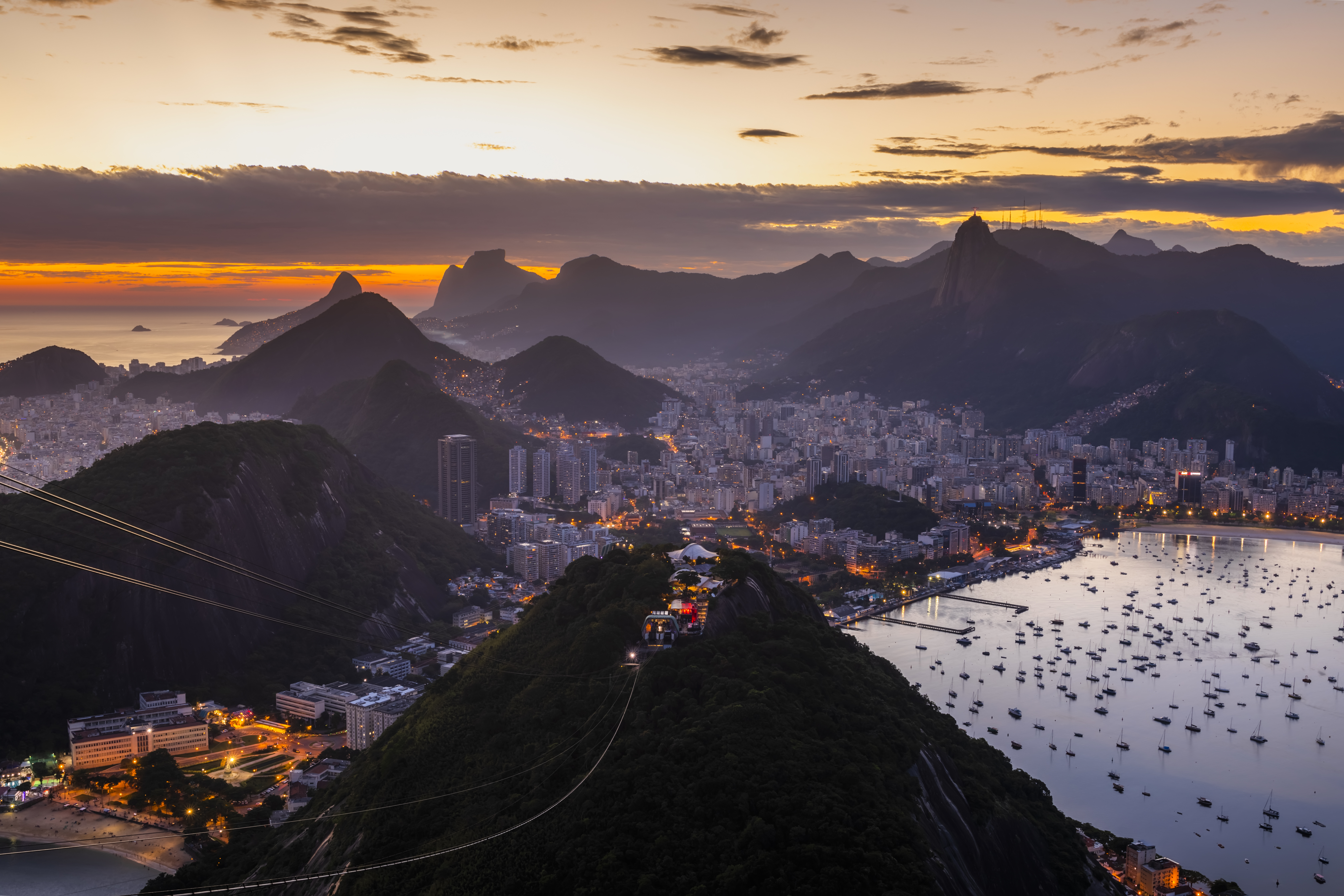
Brazil has recently reinstated, then postponed, a visa requirement for citizens of the U.S., Canada, and Australia, creating frustrating uncertainty for travelers. The back-and-forth policy changes mean travelers must constantly monitor official announcements. Even with a new e-Visa system, the need to apply and pay fees can be a sudden, unexpected hurdle for those accustomed to visa-free travel. This unpredictability makes it a difficult country to plan for in advance, highlighting how quickly visa policies can change in a post-pandemic world.
6. Algeria: The Near-Impossibility of a Tourist Visa
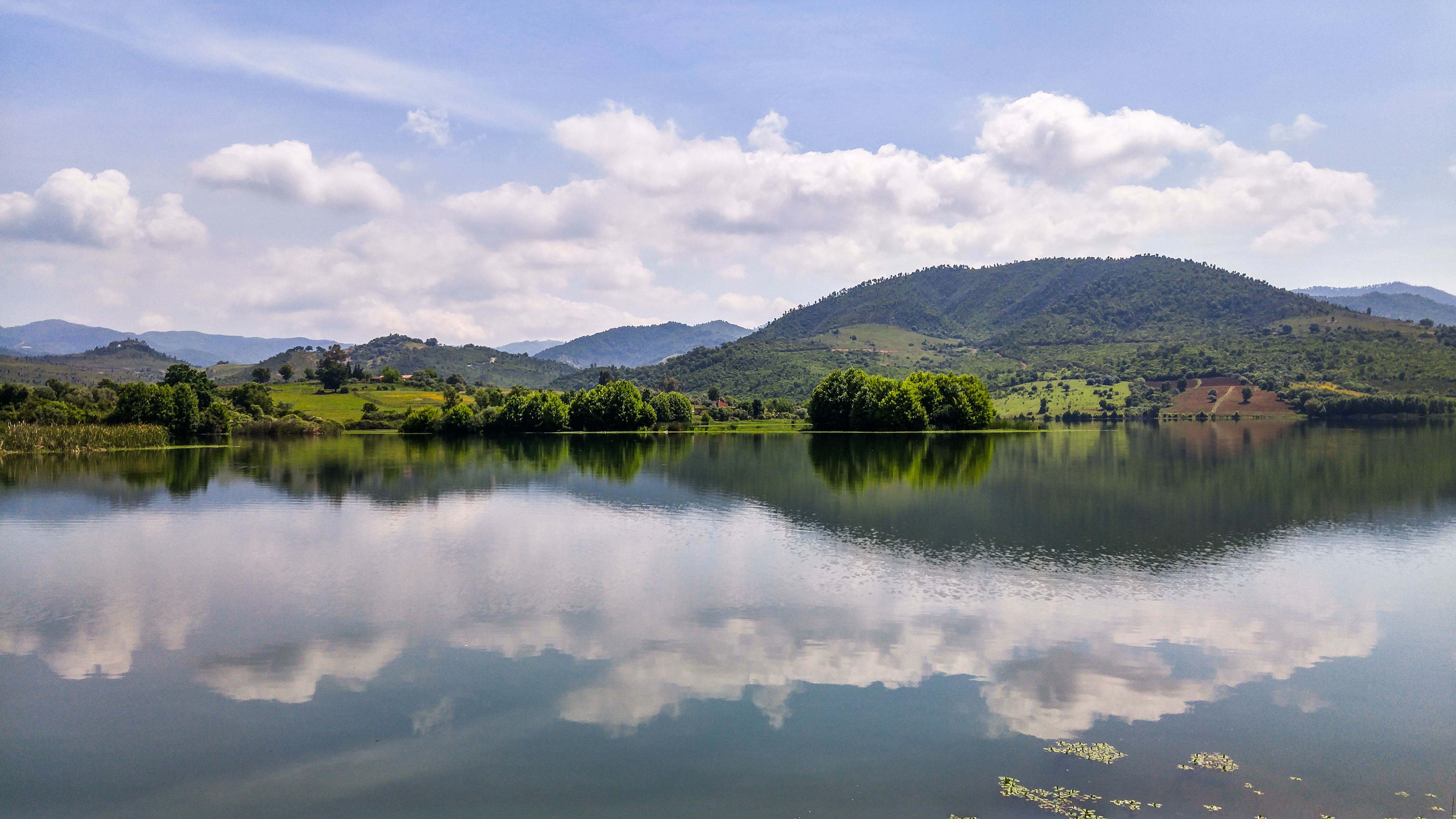
Algeria is a vast, culturally rich country, but securing a tourist visa is notoriously difficult for most foreign nationals. The process is opaque, requiring a letter of invitation from a local contact, a detailed itinerary, and a hotel booking confirmation. Even with all documents in order, visa applications are frequently denied without explanation. The difficulty lies in a deliberate policy of limited tourism, making it one of the most challenging countries to visit for independent travelers seeking to explore its stunning Sahara landscapes and ancient Roman ruins.
7. The Schengen Area (ETIAS): The Imminent Digital Hurdle
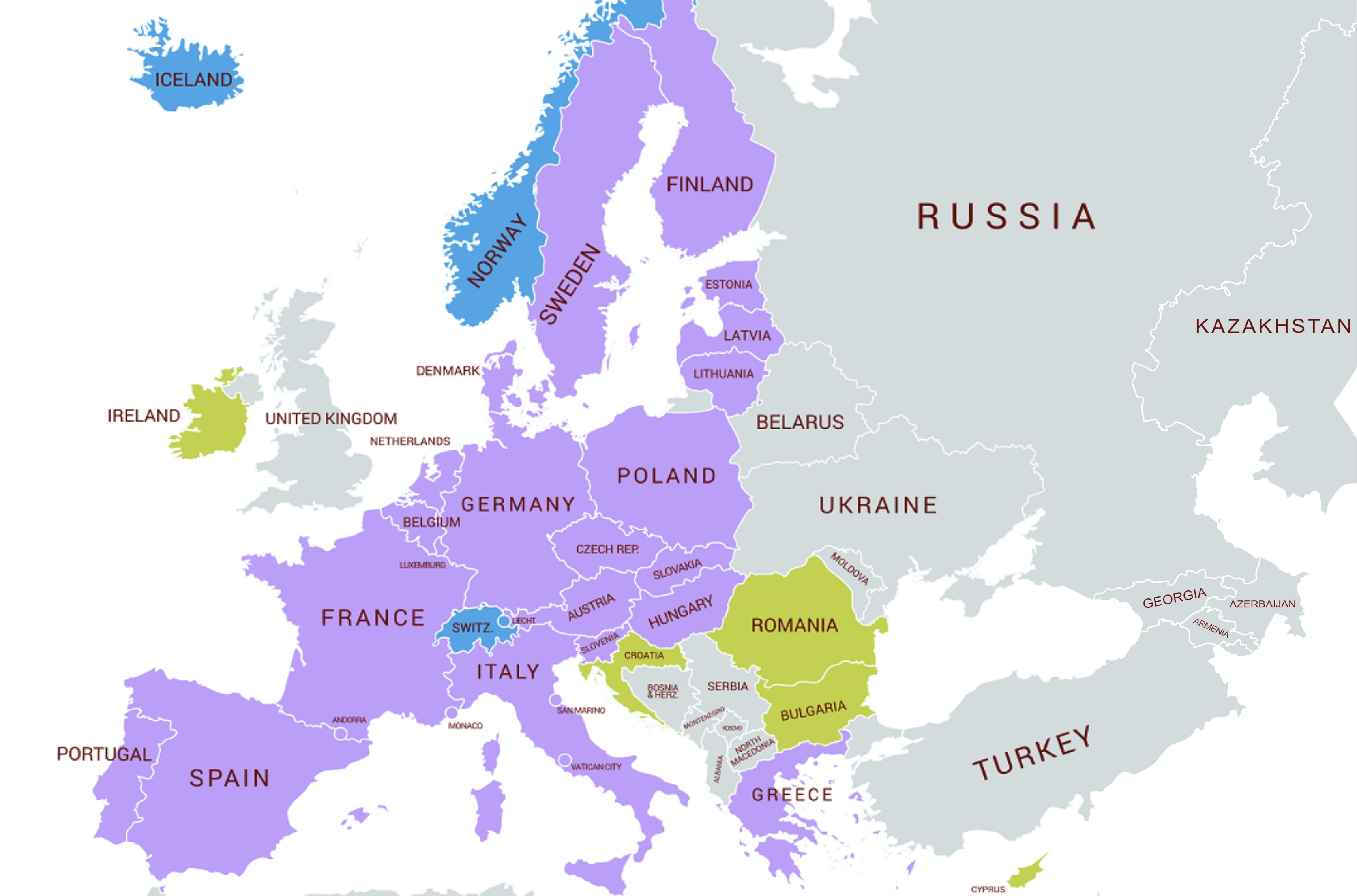
By mid-2025, citizens of over 60 visa-exempt countries (including the U.S., Canada, and Australia) will need the ETIAS (European Travel Information and Authorization System) to enter the Schengen Area. This new digital authorization is mandatory for short stays. While not a full visa, failure to apply in advance (and pay a small fee) will result in denied boarding. The difficulty is in the sheer scale of the change and the potential for last-minute travelers to be caught off guard by this new pre-screening requirement.
8. Cuba: The U.S. Travel Restrictions Minefield
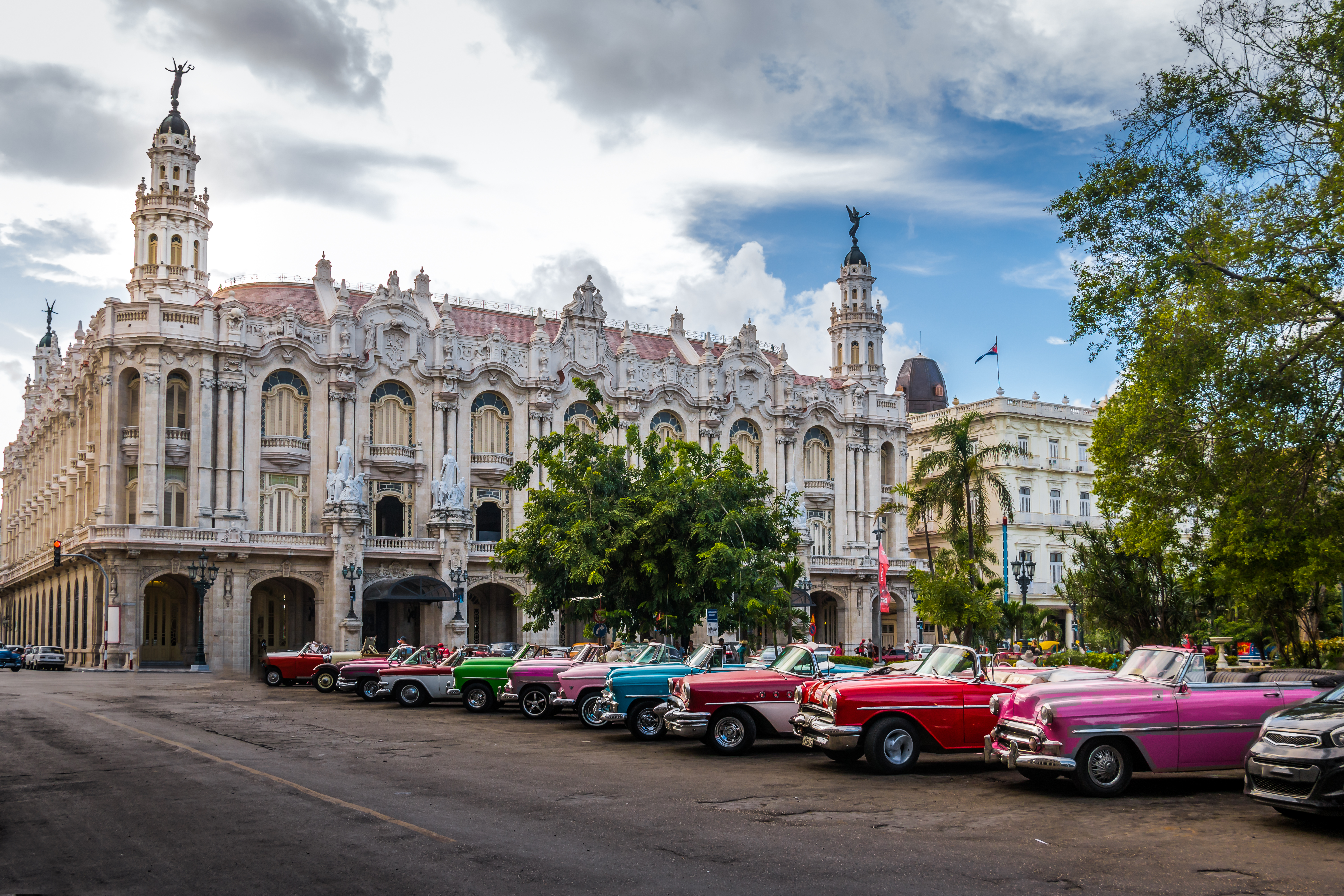
For U.S. travelers, Cuba remains uniquely difficult to enter due to a complex web of government restrictions. The U.S. still prohibits tourism to Cuba, requiring travelers to fit into one of 12 licensed travel categories. You cannot use a tourist visa; instead, you need a special visa license or a general license for activities like "support for the Cuban people." Additionally, U.S. credit cards and debit cards are largely unusable, making the trip cash-only. This legal minefield makes entry a bureaucratic and logistical challenge for U.S. citizens.
9. Eritrea: The "Hermit Kingdom" of Africa
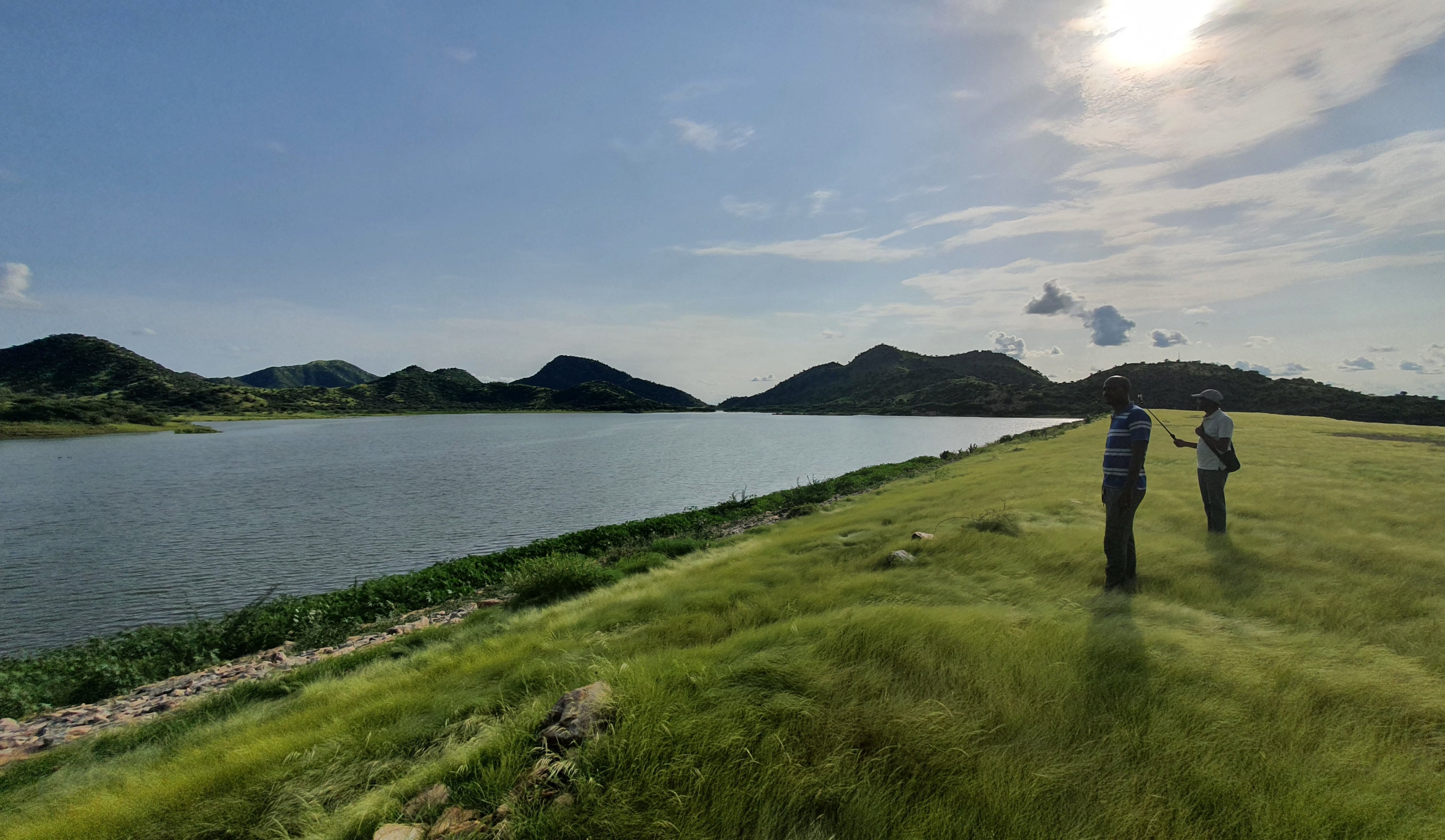
Often dubbed the "North Korea of Africa," Eritrea is an extremely difficult country for tourists to enter. The government maintains a highly isolationist policy, with an opaque and lengthy visa application process that can take months and often ends in rejection. Once inside, foreign visitors are under strict surveillance, and independent travel outside the capital is often restricted. The difficulty lies in the government's deliberate control over foreign influence, making it one of the world's least-visited and most tightly controlled nations.
10. Equatorial Guinea: The Opaque and Expensive Process
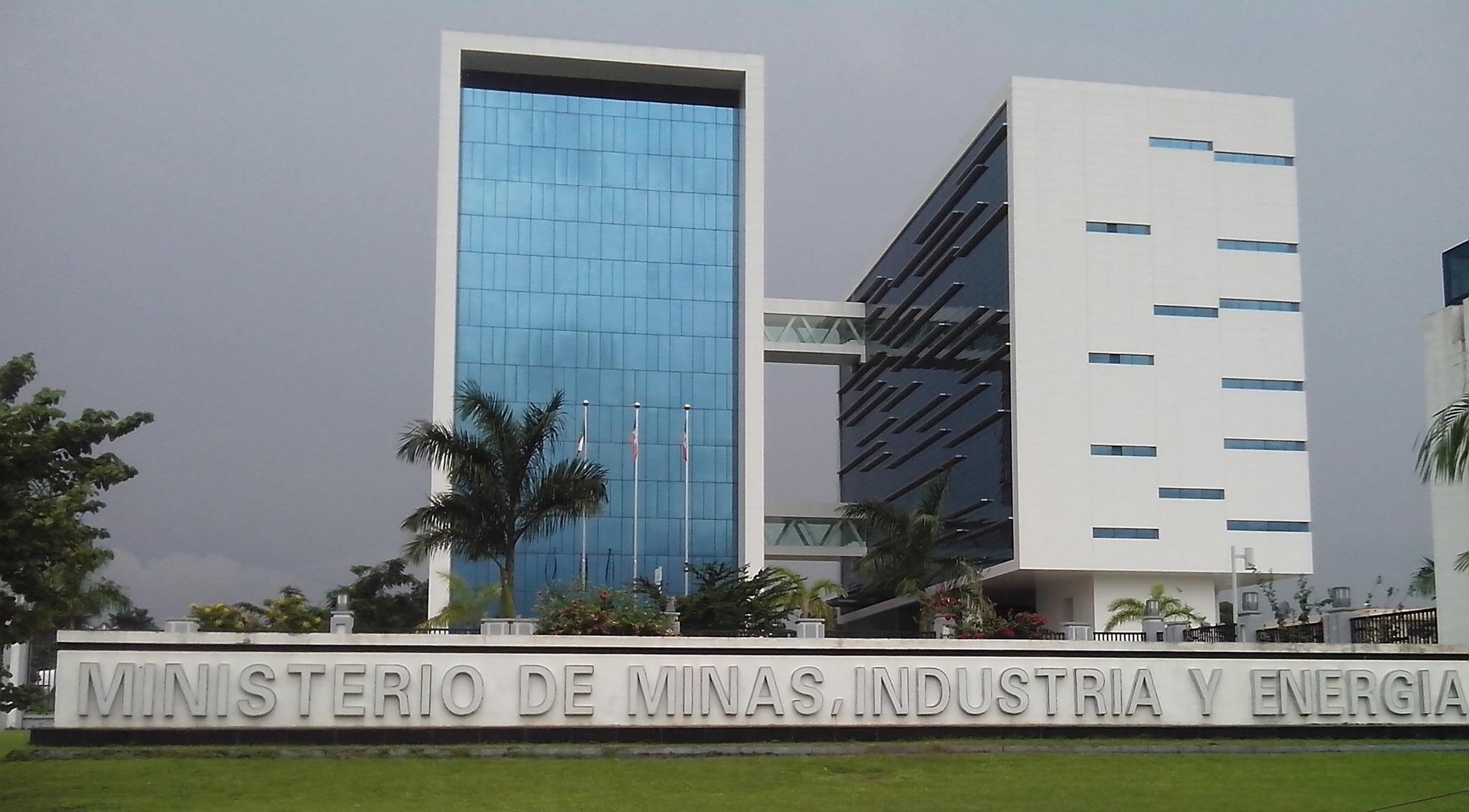
One of the least-visited countries in Africa, Equatorial Guinea's visa process is notoriously difficult and expensive. It requires an extensive list of documents, including a letter of invitation from a host in the country and a full, non-refundable payment for a hotel reservation. The processing time is lengthy, and visas are often granted for a very short duration (e.g., 15 days), making travel plans inflexible. Its opaque bureaucratic system is a significant deterrent to visitors.
11. Iran: The Forced Tour for Certain Nationalities
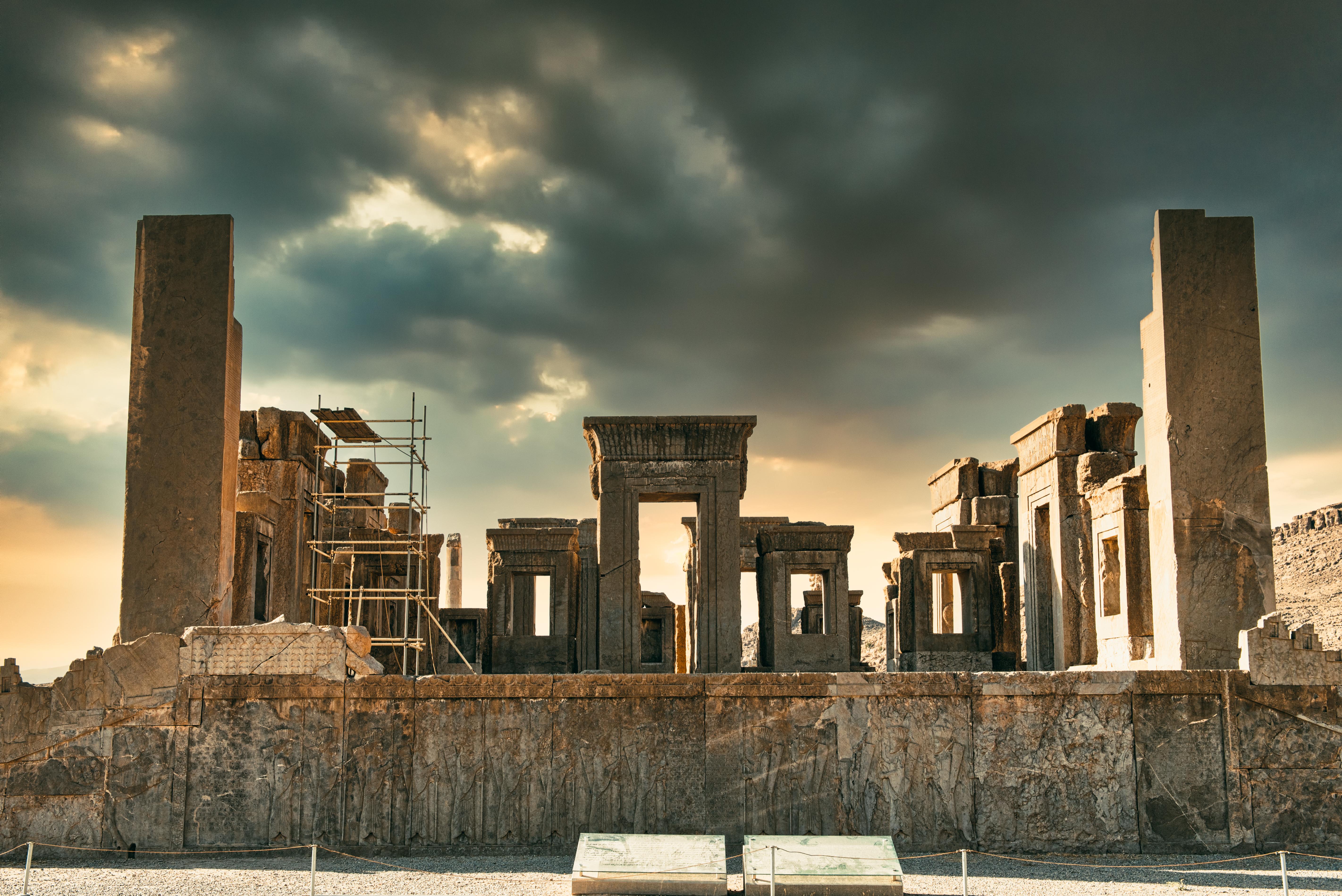
For citizens of the U.S., UK, and Canada, independent tourism in Iran is a travel myth. These nationalities are required to travel on a fully guided tour with a pre-approved, fixed itinerary and a designated tour guide at all times. This not only makes the trip more expensive but also limits spontaneity and genuine interaction. While the culture and history are fascinating, the forced tour model and strict supervision make this an incredibly challenging and controlled experience.
12. Pakistan: The Strict Vetting for Tourism Visas
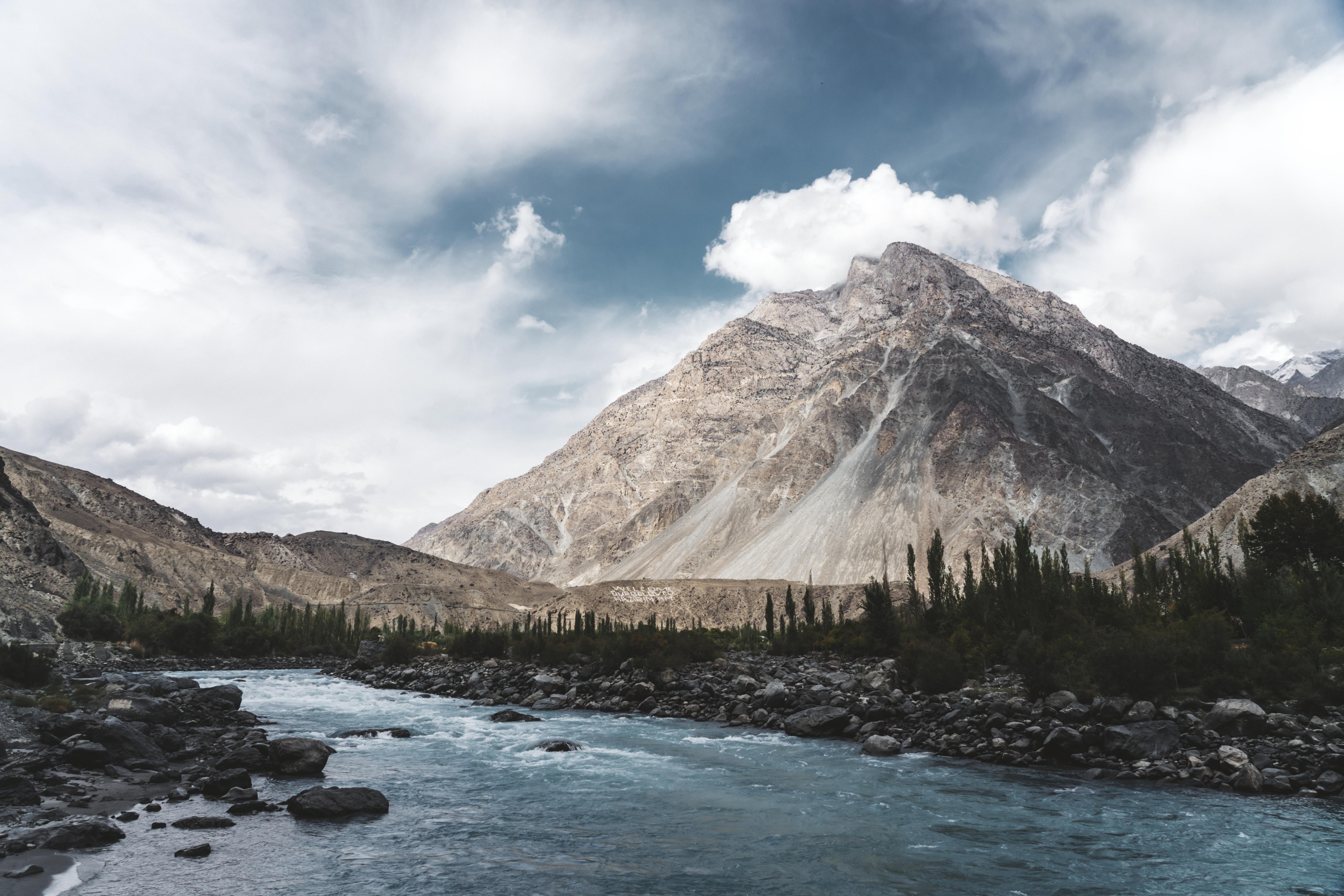
Pakistan has made efforts to boost tourism, but its visa process remains a significant hurdle. Foreign visitors often face a strict vetting process, requiring letters of invitation, detailed itineraries, and proof of funds. The processing times are long and unpredictable, with no guarantee of approval. The difficulty is compounded by security concerns in certain regions, which can lead to on-the-ground travel restrictions. This multi-layered vetting makes it a destination for only the most patient and determined travelers.
13. Uganda: The Geopolitical Risk from New Laws
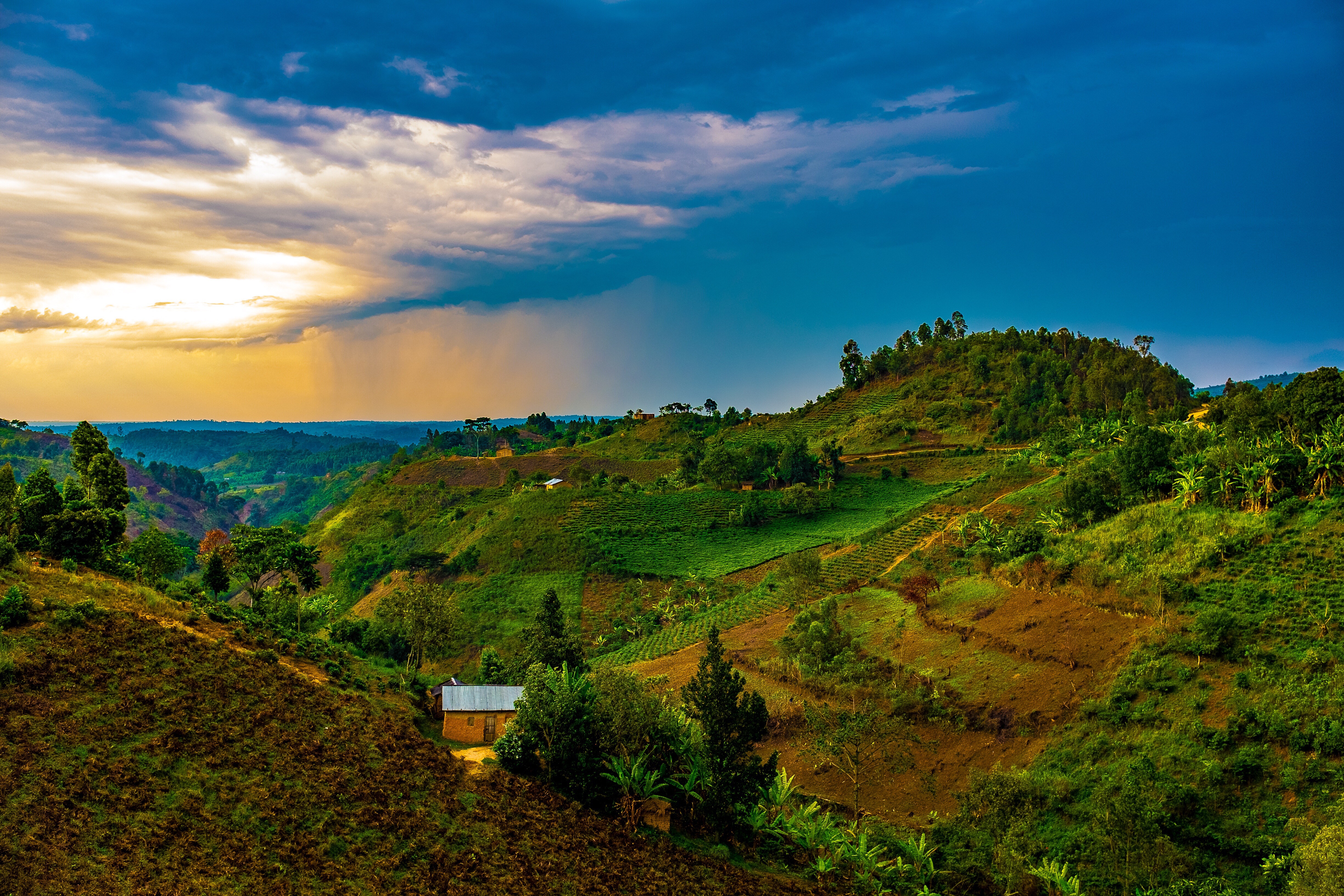
While Uganda has long been a popular destination for gorilla trekking and safaris, recent laws and geopolitical tensions have made travel more complex. The introduction of harsh anti-LGBTQ+ legislation has prompted many Western governments to issue travel advisories, warning of potential risks for certain travelers. While not a visa issue, this on-the-ground risk and the potential for discrimination make it a suddenly difficult destination for many, highlighting how a country's evolving social and political climate directly impacts travel safety.
14. South Sudan: The Security Vacuum
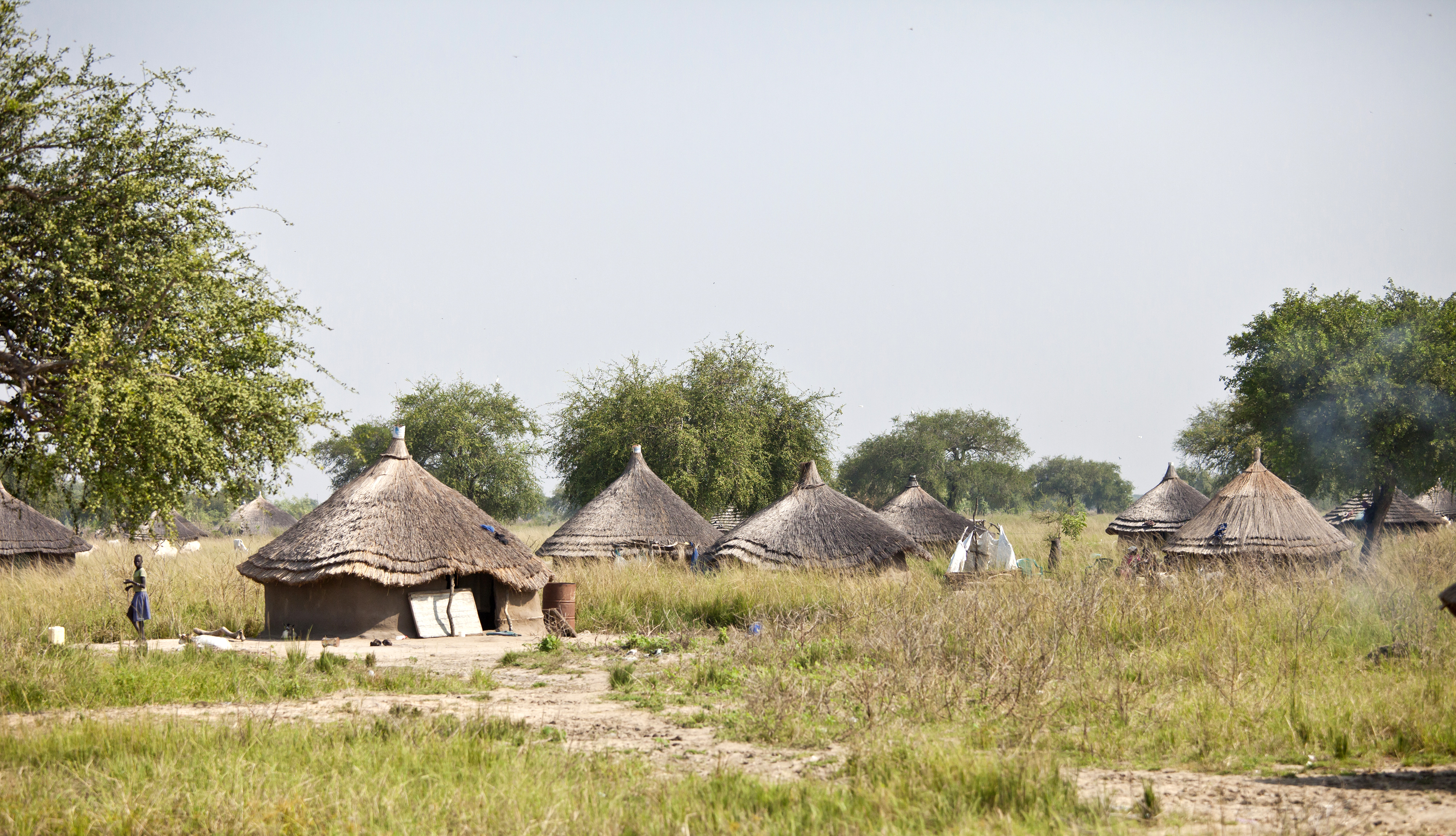
South Sudan, the world’s youngest nation, is in a state of humanitarian crisis and conflict. Its visa process is difficult, but the real challenge lies in the on-the-ground security vacuum. The U.S. and other governments issue "Do Not Travel" advisories due to civil unrest, armed conflict, and high crime rates. There is virtually no tourist infrastructure, making travel unsafe and requiring extensive security arrangements. This makes it an unofficial travel ban for leisure and an immense challenge even for humanitarian workers.
15. Sudan: The On-the-Ground Conflict and Infrastructure Collapse
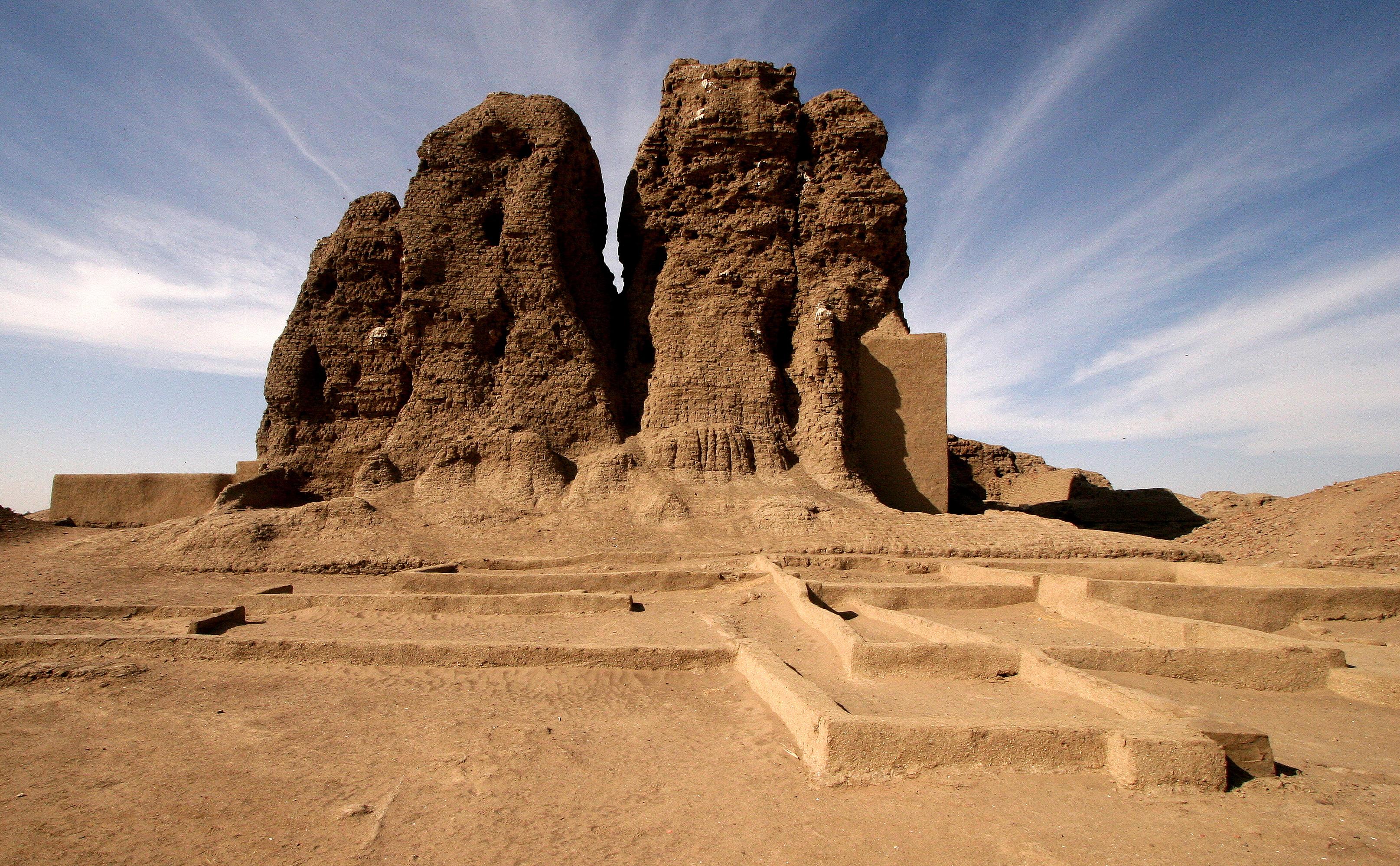
Like its southern neighbor, Sudan is gripped by a violent conflict that has led to a near-total collapse of its civil infrastructure and a humanitarian crisis. Tourist visas are not a practical reality, and the country is under strict "Do Not Travel" advisories from most nations. The difficulty is not just a visa process but the profound and ongoing security risks, making any travel nearly impossible and requiring visitors to rely on specialized aid organizations.
The Evolving Landscape of Global Travel

The challenges faced by these 15 countries in 2025 reveal a nuanced reality of global travel where a visa is just the first hurdle. From the economic barriers of Bhutan and the opaque bureaucracies of Turkmenistan to the unpredictable geopolitics of Brazil and the on-the-ground risks in Uganda and Sudan, each destination presents a unique test for the modern traveler. These difficulties highlight the growing importance of hyper-specific knowledge, rigorous planning, and an awareness of geopolitical and local realities. By recognizing these complex barriers, you not only prepare for a smoother journey but also gain a deeper appreciation for the privilege of global mobility and the unique destinations that remain, for now, the exclusive domain of the truly determined.


